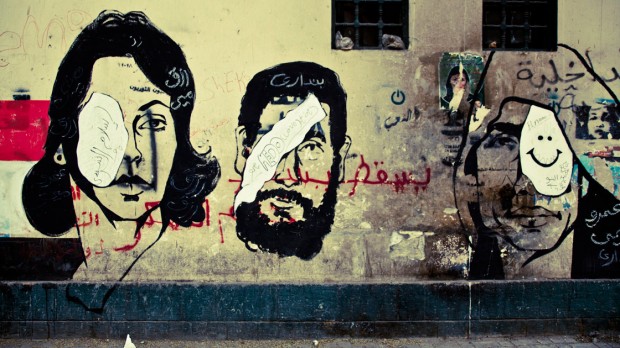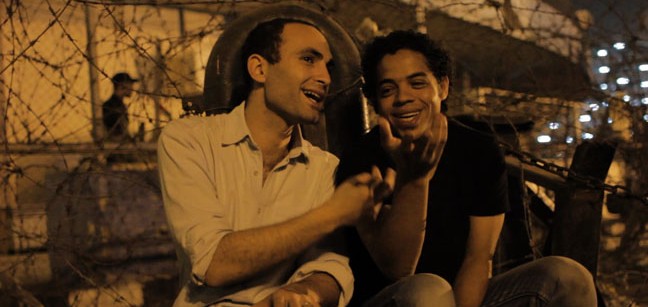The next daring chapter in the career of documentary filmmaker extraordinaire Jehane Noujaim led her to Egpyt, during the country’s tumultuous revolution that led to the outing of president Mubarak. Following the events of a staged sit on of Tahrir Square, through the eyes and cameras of the protestors, Noujaim is able to effectively capture the human struggle of what it means to stand up for your beliefs. The film doesn’t offer up much context outside of real-time conversations, opting for an observational testament of what people documented themselves, along with the director completely immersing herself in the journey. While much has been portrayed of the Egyptian revolution in the mainstream media, it is a completely different experience to view it from the focal point of activity. Spellbinding from beginning to end, The Square is a riveting portrait of a whole nation’s transformative experience as they demand their freedom and democracy.
One of the fascinating characteristics of the film is how it ebbs and flows, from the situation on the ground in Tahrir Square to the politicians who want to squash their agenda. The film follows several factions of people involved in these protests, including social activists, members of the Islamic Brotherhood and government officials. As the the sit ins become more and more volatile, the situation becomes grim, prompting the Egyptian army to take action against its citizens. It is these senior officials presence in the seats of power that disturbs and propels many protestors in Egypt, causing them to lash out about how Mubarak’s ousting has done little to curb the corruption. In addition, the majority of the Islamic brotherhood, who are more organized in numbers and financially than the socially motivated protestors, want to push their agenda of radical Islam being present in the governments decisions.

Noujaim is no stranger to getting herself into dangerous situations. She is perhaps best known for Control Room, a blistering account of Al Jazeera and its relations with the US Central Command during the 2003 Iraq war, which delved inside why graphic war imagery was being censored by American media. For Noujaim, the bitter, hard truth is in the digital tape, using her camera and the cameras of other protestors as recorded evidence of crimes and struggle. From graffiti painting to tear gas attacks, the movement is documented in different manners. Self sacrifice plays an important role in how resilient these protestors must be to influence change, and by the end it’s hard to ignore their passion and bravery.
When the film screened, the filmmakers had not yet finished the credits due to the continuing stream of updates they received. The film’s timeline ends only just a month ago and Noujaim is still not finished, as she continues to document the struggles of the revolutionaries and has started a kickstarter to help sustain her efforts to get the message out. They say the revolution will not be televised, but as Noujaim has proved, they don’t have to be as long as they are filmed.


